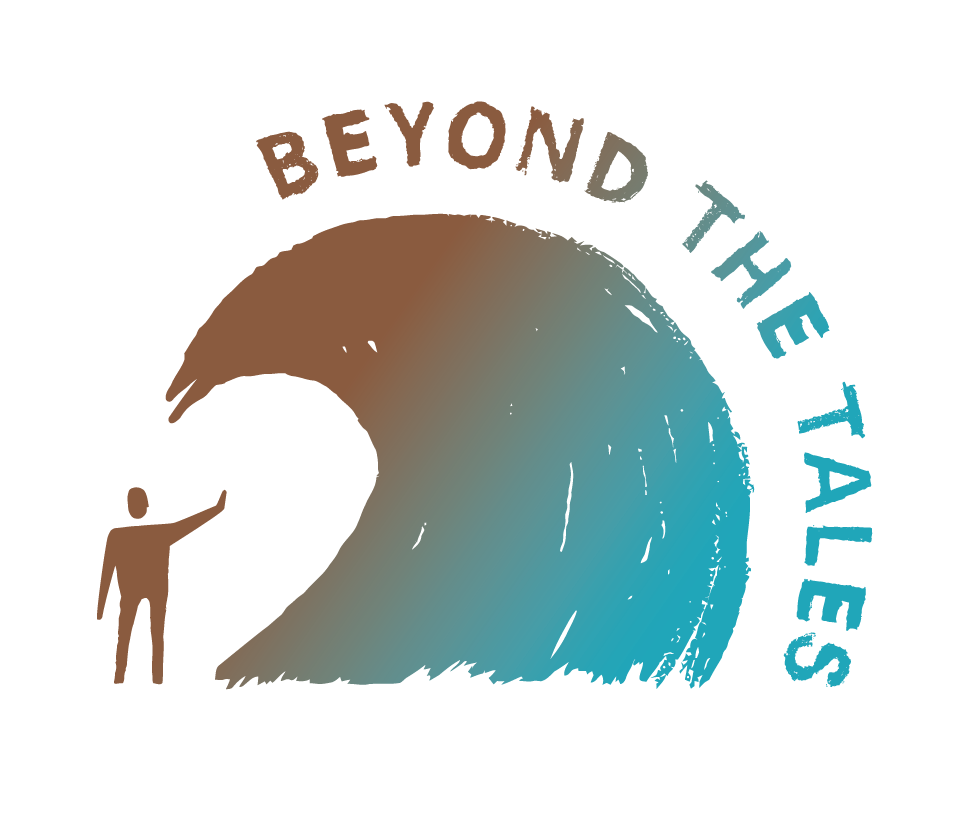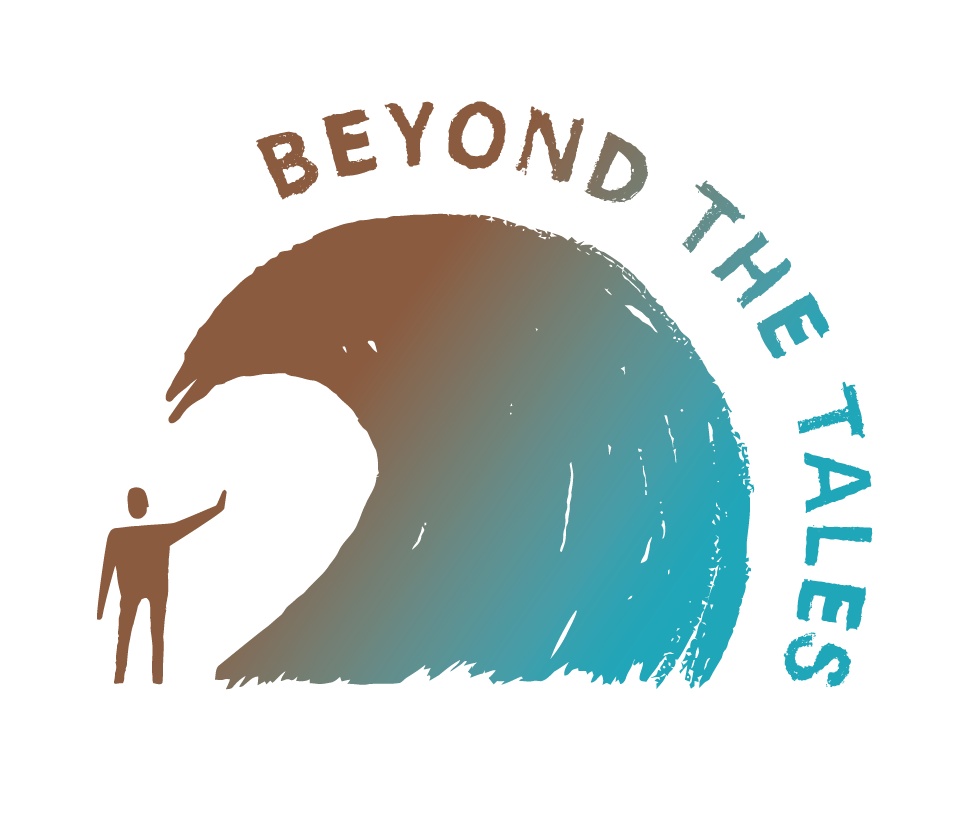08 Nov Climate Migration: Migrations written by the climate crisis [PRESS RELEASE]
Ljubljana, 8/11/2023 – “Climate change is the problem, migration is not. The problem is hot they are managed”, said keynote speaker Dr Sarah Walker at the 8th National Global Learning Conference. The conference, organised by Humanitas and Umanotera as part of the Beyond the tales project, also launched the booklet Where Once Was Home. It brings together the stories of people who have faced, or are currently facing, displacement due to climate change.
The fact that climate migration is a topic that is really relevant at the moment is evidenced by the turnout at the conference. Among more than 60 participants were educators working in formal and non-formal education, as well as representatives of civil society organisations and government institutions.
This year’s National Global Learning Conference focused, among other things, on the link between climate change and migration, and how climate migration is embedded in existing global inequalities. The event was opened by Barbara Vodopivec, Head of Humanitas, who said in her opening address that climate migration occurs in both rich and poor countries, but poverty has a significant impact on people’s vulnerability, and thus on their ability to adapt to the consequences of the climate crisis. “Climate change is not just a natural disaster – it is also deeply embedded in socio-political and economic relations.” She also stressed that the topic of climate migration in education must be addressed in a way that is clear and understandable, but also in a way that does not leave people feeling distressed, anxious and apathetic.
The conference’s keynote speaker, Dr Sarah Walker, a postdoctoral researcher at the University of Bologna whose work examines the intersections of migration, race, gender and citizenship, pointed out that existing public discourses on climate migration are often misleading, as the often quoted figures of mass migrations from the Global South to the Global North are not true. Most climate migration is short-term and internal – people move within their own country or region. She also pointed out that the climate migration narrative is often just an excuse to militarise borders in the Global North: “The countries that emit the most are the very countries that spend twice as much on defending their borders as they do on climate finance.”
The booklet Where Once Was Home is the result of “fieldwork” in an online environment: through online connections, phone calls, conversations and online video chats, people from all over the world have met each other: from far-flung Chile, Colombia and Bolivia to Myanmar and the Philippines, from Uganda, Iran and Palestine to Spain, Austria, Bosnia and Herzegovina and Slovenia.
The 17 stories reveal, among other things, internal migrations, i.e. migrations within a single country, as well as cross-border migrations, including long-distance ones. The narrators talk about their desire to return to their homeland, but also about their shattered dreams when home is no longer there and return is no longer even possible, because life there no longer makes sense. “These are not just stories; they are windows into the hearts, minds and homes of people who have faced the harsh reality of the changing world as we have known it,” writes Manca Šetinc Vernik, the booklet’s editor.
The booklet is currently available in Slovenian and English. It is part of the Beyond Stories project, which also hosted today’s conference. The project provided youth workers with knowledge and information to build and strengthen their competences and critical understanding of climate migration. The project involves NGOs from Austria, Spain, Bosnia and Herzegovina and Slovenia.
The aim of today’s conference was to deepen understanding of climate migration, while exploring ways to address these complex issues in formal and non-formal education and to bring them closer to young people. In the second part of the conference, participants therefore took part in workshops to learn about some of the methods they will be able to use in their teaching. Dr Sarah Walker presented the Climate Log method, a teaching tool for discussing the interlinked rights: the right to mobility, the right to live in a healthy environment and the unequal access to these rights worldwide. Darja Sekula Krstič and Ana Kalin from the Forum for Equitable Development introduced the participants to the cards which encourage reflection on climate change and related migration in a fun and informative way. Melinda Tamás and Angelika Derfler from the Austrian NGO Südwind used an interactive approach to highlight different perspectives on climate justice and to illustrate the global implications of the climate crisis – including climate migration.


